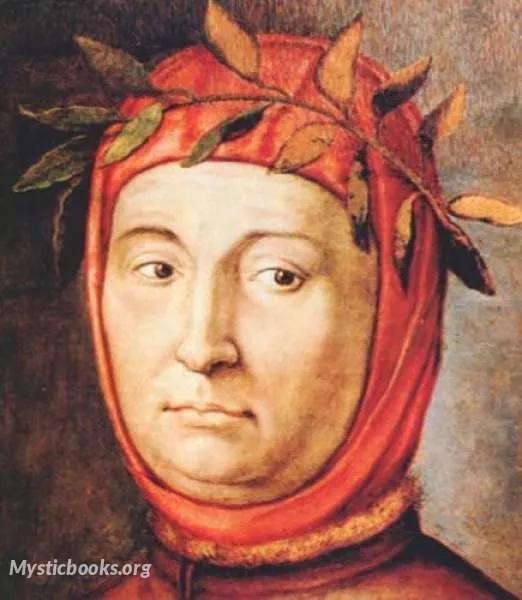
Timeline
Title
Country/Nationality
Giovanni Boccaccio
Giovanni Boccaccio (Italian: 16 June 1313 – 21 December 1375) was an Italian writer, poet, correspondent of Petrarch, and an important Renaissance humanist. He was known par excellence as the Certaldese, and one of the most important figures in the European literary panorama of the fourteenth century. Some scholars (including Vittore Branca) define him as the greatest European prose writer of his time, a versatile writer who amalgamated different literary trends and genres, making them converge in original works, thanks to a creative activity exercised under the banner of experimentalism.
His most notable works are The Decameron, a collection of short stories which in the following centuries was a determining element for the Italian literary tradition, especially after Pietro Bembo elevated the Boccaccia style to a model of Italian prose in the sixteenth century, and On Famous Women. He wrote his imaginative literature mostly in Tuscan vernacular, as well as other works in Latin, and is particularly noted for his realistic dialogue which differed from that of his contemporaries, medieval writers who usually followed formulaic models for character and plot. The influence of Boccaccio's works was not limited to the Italian cultural scene but extended to the rest of Europe, exerting influence on authors such as Geoffrey Chaucer, a key figure in English literature, or later on Miguel de Cervantes, Lope de Vega and the Spanish classical theater.
Boccaccio, together with Dante Alighieri and Francesco Petrarca, is part of the so-called "Three Crowns" of Italian literature. He is remembered for being one of the precursors of humanism, of which he helped lay the foundations in the city of Florence, in conjunction with the activity of his contemporary friend and teacher Petrarch. He was the one who initiated Dante's criticism and philology: Boccaccio devoted himself to copying codes of the Divine Comedy and was a promoter of Dante's work and figure.
In the twentieth century, Boccaccio was the subject of critical-philological studies by Vittore Branca and Giuseppe Billanovich, and his Decameron was transposed to the big screen by the director and writer Pier Paolo Pasolini.
A kindly thing it is to have compassion of the afflicted and albeit it well beseemeth every one, yet of those is it more particularly required who have erst had need of comfort and have found it in any, amongst whom, if ever any had need thereof or held it dear or took pleasure therein aforetimes, certes, I am one of these.
— Giovanni Boccaccio, Decameron, Proemio
Books by Giovanni Boccaccio
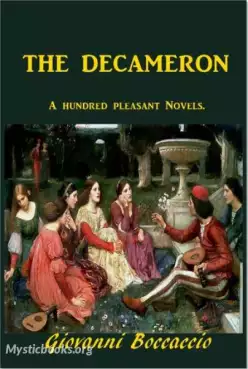
The Decameron
Giovanni Boccaccio’s The Decameron is a collection of novellas or short novels written during the 14th century. There are 100 tales contained in the book which is presented together. The book’s title The Decameron combines the two Greek words “deka”...
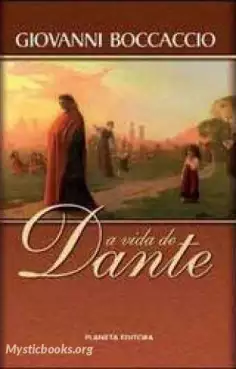
The Early Lives of Dante
Giovanni Boccaccio (1313 -1375) was an Italian poet, most famous for his monumental collection of tales, The Decameron. Like Dante, Boccacio was one of the first writers to use the Italian vernacular. Lionardo Bruni (Aretino) (1369- 1444) was an ac...
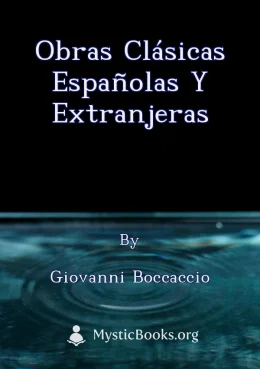
Obras Clásicas españolas y extranjeras
Esta colección de cuentos clásicos reúne tres obras representativas de la literatura española e italiana. "El marido engañado" de Giovanni Boccaccio es un cuento del "Decameron" que explora las complejidades del matrimonio y la infidelidad. "La tía f...
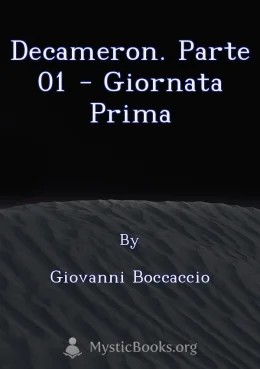
Decameron. Parte 01 - Giornata Prima
The Decameron is a collection of 100 tales told by a group of young people who have fled Florence to escape the Black Death. The tales are full of love, humor, and adventure, and they offer a fascinating glimpse into the lives of people living in the...